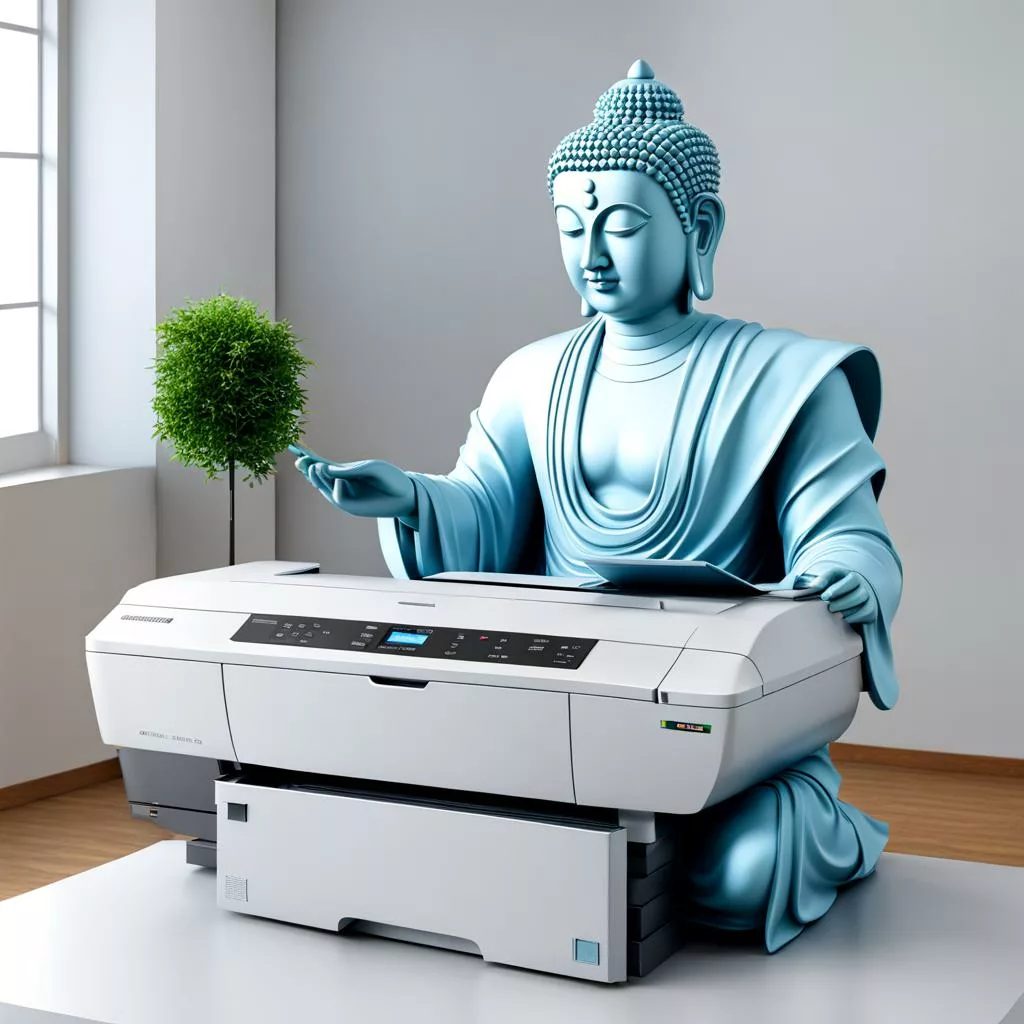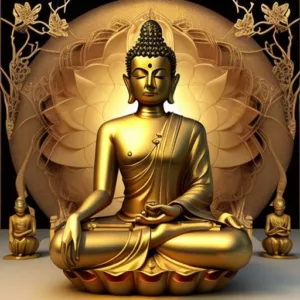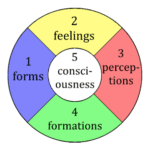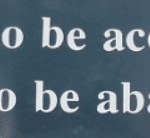
Secular Buddhism is a branch of Buddhism*that emphasizes the practice and philosophy of Buddhism without the religious aspects. Here are some key points about Secular Buddhism
I have mixed feelings on Secular Buddhism. On the one hand, it’s good if it helps people see their mind and overcome negative issues. I like anything that moves people to enlightenment. On the hand, I am concerned. We could throw away many of staying factors of ritual, devotion, and sacredness based on a secular emphasis. Western society has a tendency to be dismissive of all spiritual experience as woo-woo. We might create a Buddhism that jettisons the deepest aspects of Buddhism.
However, that issue might correct itself in a while. Or it might become worse, more materialistic. It might tend to nihilism, which is not real Buddhism, though people often use it that way.
Secrets of Meditation for Anxiety
Like millions of people, you may have suffered from anxiety for years. Meditation, yoga, peaceful music – it never works. It takes too long, and it’s not stable. Why? Because peace is treated as a cause for freedom, but it’s not – it’s the result. The cause to free yourself from anxiety is completely different.
Click now to Overcome Anxiety for good.
Table of Contents
What is Secular Buddhism
- Focus on Practical Benefits: Secular Buddhists are primarily interested in how Buddhist teachings can improve their lives and well-being in the present moment. They focus on aspects like cultivating mindfulness, compassion, and ethical behavior.
- Skepticism of Supernatural Elements: Unlike traditional Buddhism, secular Buddhists don’t subscribe to beliefs in deities, afterlife, or karma as cosmic forces. They view these concepts as metaphorical or symbolic.
- Focus on the Historical Buddha: Secular Buddhists see the Buddha as a wise teacher and moral reformer, not a divine being. They focus on his teachings and practices as a guide for living a meaningful life.
- Naturalistic Approach: Secular Buddhism emphasizes a more scientific and psychological understanding of the mind. They explain concepts like suffering and liberation through a lens of mental health and emotional well-being.
- Ethical Values: Secular Buddhism upholds core Buddhist ethics like non-harming, generosity, and right action. These principles are seen as promoting a more harmonious and compassionate society.
- Appeal to a Wider Audience: By removing the religious elements, Secular Buddhism becomes more accessible to people who are interested in Buddhist practices but may not be comfortable with traditional religious beliefs.
Secular Buddhism isn’t a rejection of traditional Buddhism; it’s more like a reinterpretation for the modern world. It allows people to benefit from the wisdom of Buddhist teachings without subscribing to its religious aspects.
How to meditate like a yogi
and enter profound samadhi
Secular Buddhism Summary
| Property | Description |
|---|---|
| Central Node | Secular Buddhism (Lay Buddhism, Mindfulness Buddhism) |
| Definition | A branch of Buddhism that emphasizes the practice and philosophy of Buddhism without the religious aspects. |
| Core Tenets | * Focus on practical benefits for daily life (mindfulness, compassion, ethics). * Skepticism of supernatural elements (deities, afterlife, cosmic karma). * Focus on the historical Buddha as a teacher and reformer, not a divine being. * Naturalistic approach using psychology to understand mental states. * Upholding core Buddhist ethics (non-harming, generosity, right action). |
| Related Concepts | Mindfulness, Meditation, Compassion, Ethics, Karma (interpreted naturalistically), Rebirth (viewed metaphorically in some interpretations). |
| Significance | * Makes Buddhist practices accessible to a wider audience. * Offers a framework for living a meaningful and ethical life. * Integrates with modern scientific and psychological understanding. |
| Contrasting View | Traditional Buddhism, which incorporates religious beliefs and practices. |



Secular Buddhism synonyms
- Agnostic Buddhism
- Buddhist Agnosticism
- Ignostic Buddhism (less common term)
- Atheistic Buddhism
- Pragmatic Buddhism
- Buddhist Atheism
- Buddhist Secularism (most common term)
Reframing Buddhism
Secular Buddhism reframes Buddhism, stripping away unprovable concepts such as karma, merit, unseen beings, 6 realms of existence, rebirth, Buddha Nature and positive enlightenment. This leaves it with little save the deconstructive elements of Buddhist philosophy. It’s difficult to distinguish it from nihilism.
Is Secular Buddhism actually Buddhism?
The criticism I have: this is a one-sided approach to what the Buddha taught. In fact, he specifically taught that nihilism is worse then eternalism for the person who believes it. Rebirth and karma are core teachings of the Buddha. They lie at the heart of Buddhism. According to the current Mipham Rinpoche – if you don’t believe in rebirth, it’s questionable whether you are even Buddhist. And Buddhism would then have no point.
The idea of Buddhism is very clearly to escape the round of rebirth by seeing the selflessness of the individual. The suffering of this life is not much of a problem if you cease to exist at the end. The problem is it will never stop, according to the Buddha. That is the reason for the dharma.
Secular Buddhism, as it is currently stated, is not genuine Buddhism. At least that’s how I see it. That doesn’t mean it’s bad, just false advertising.
I hope that people who practice Secular Buddhism decide to look a bit deeper and rediscover the more profound aspects of genuine, historical Buddhism.

May all beings be happy
May all beings be peaceful
May all beings be safe
May all beings awaken to the light of their true nature
May all beings be free







